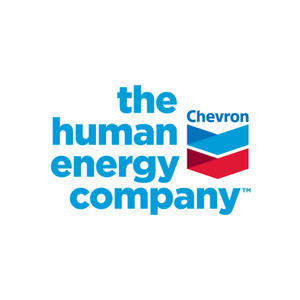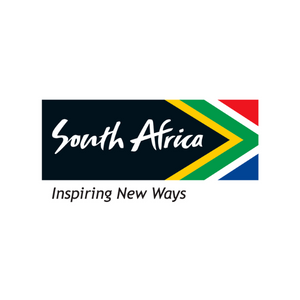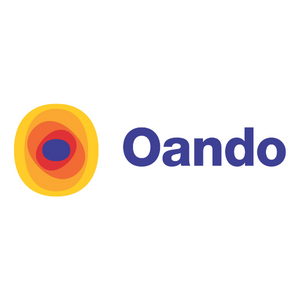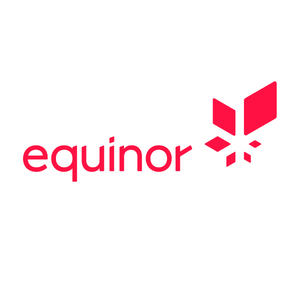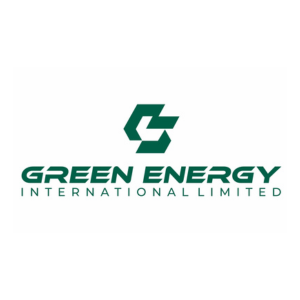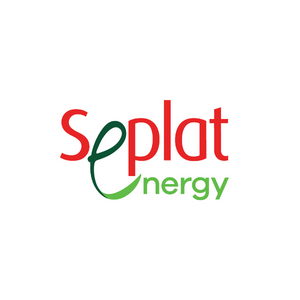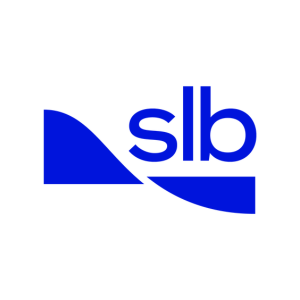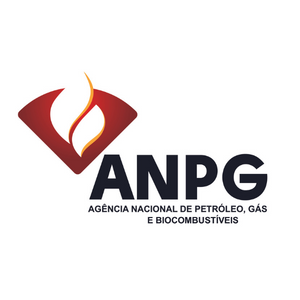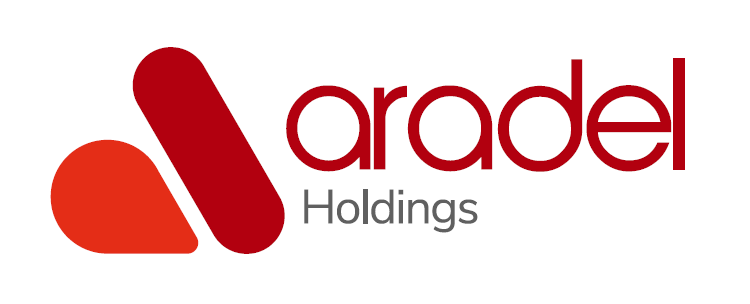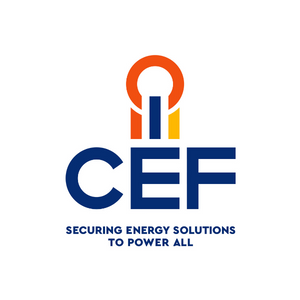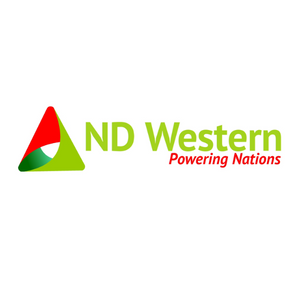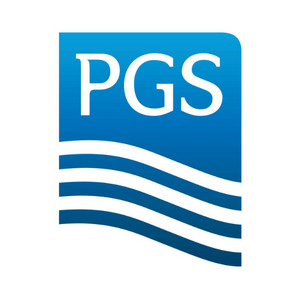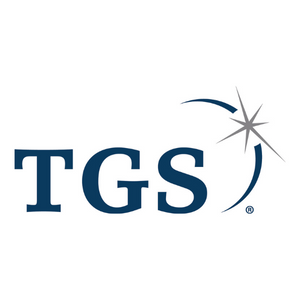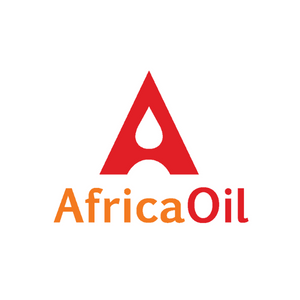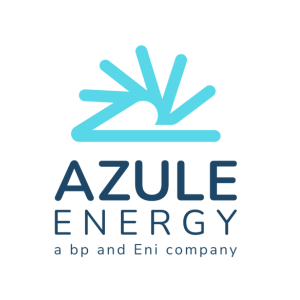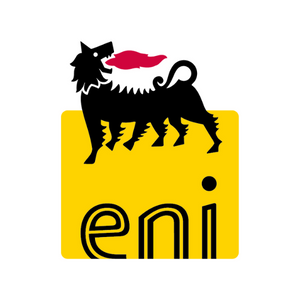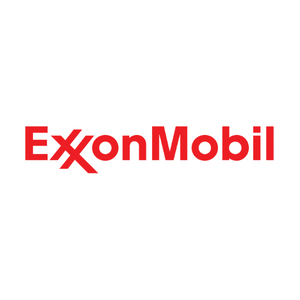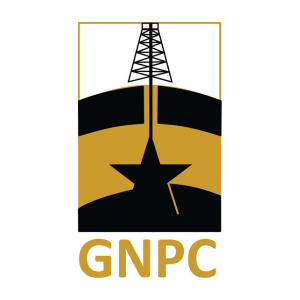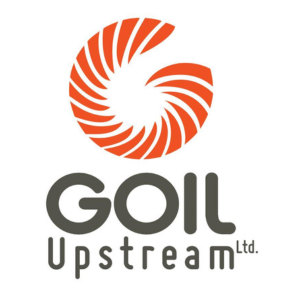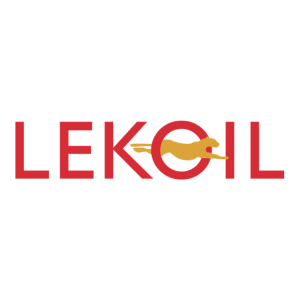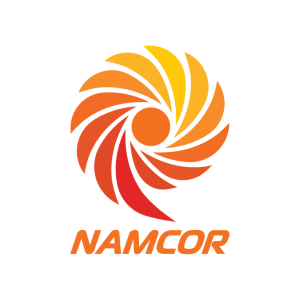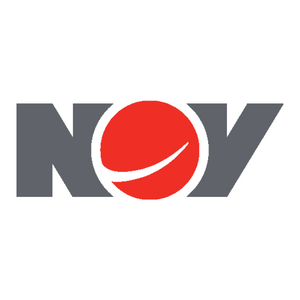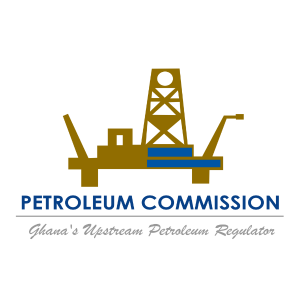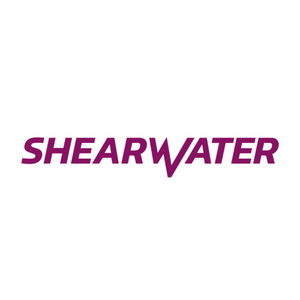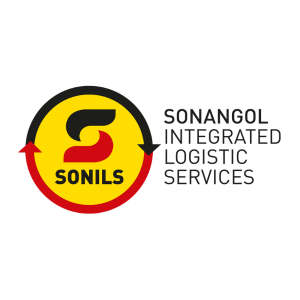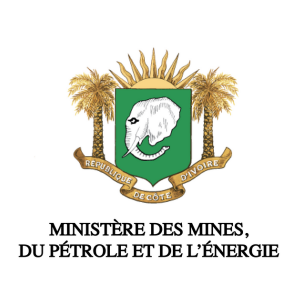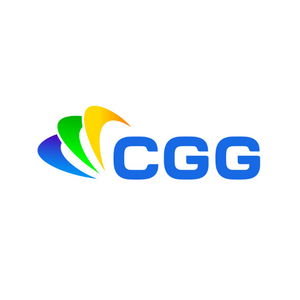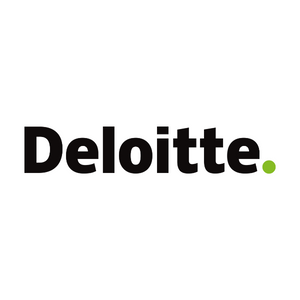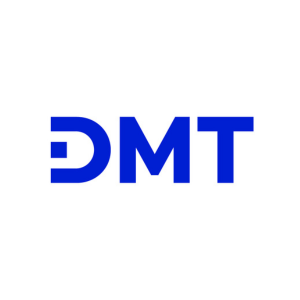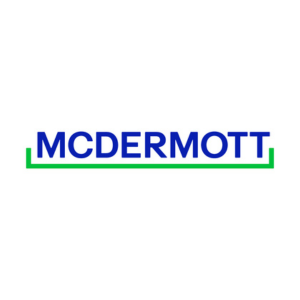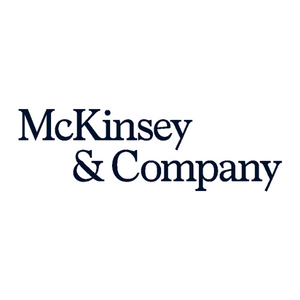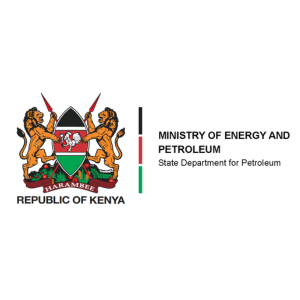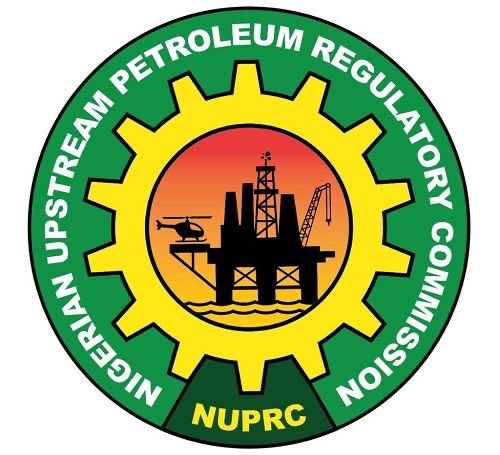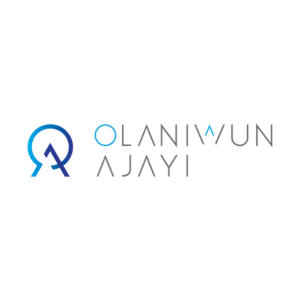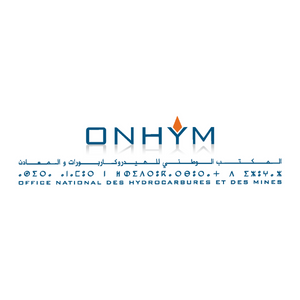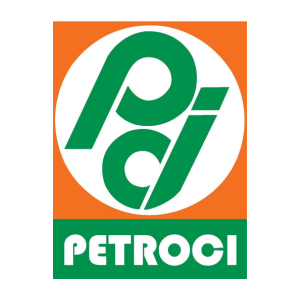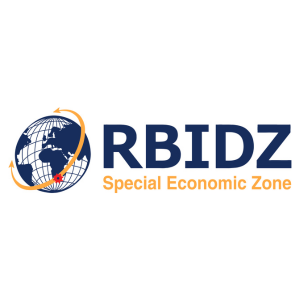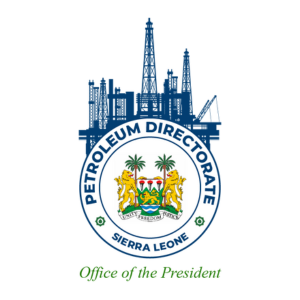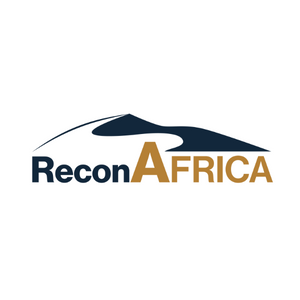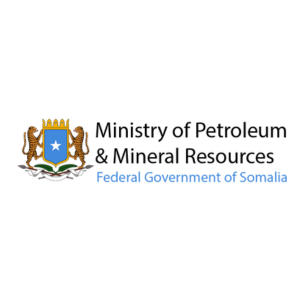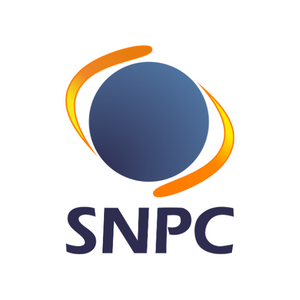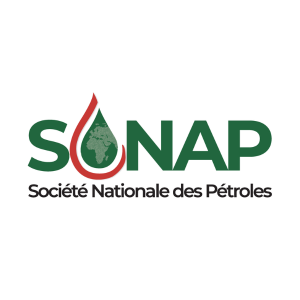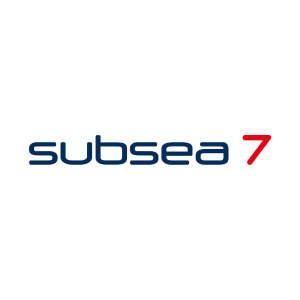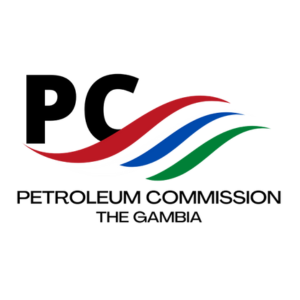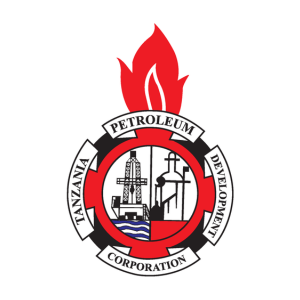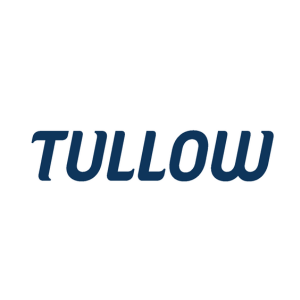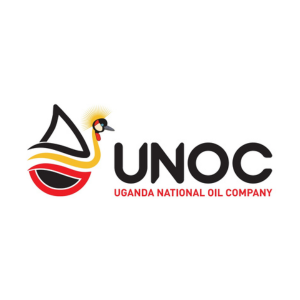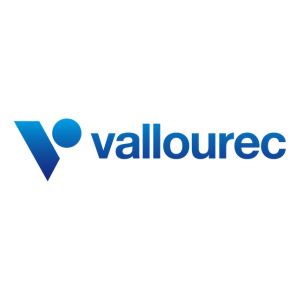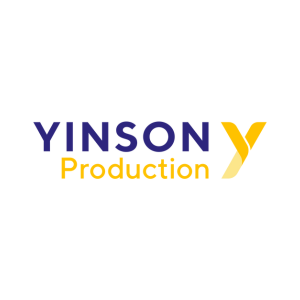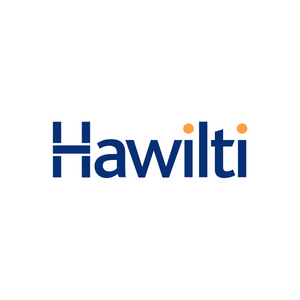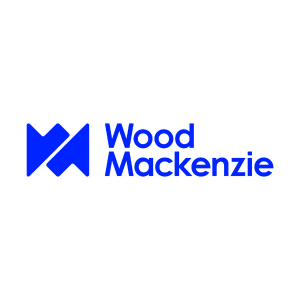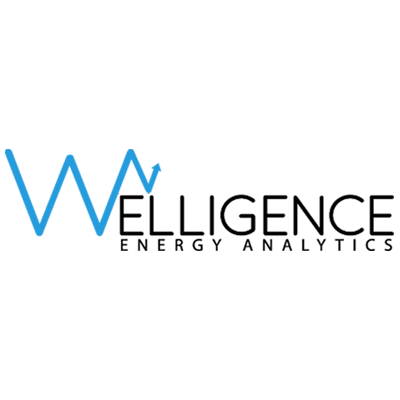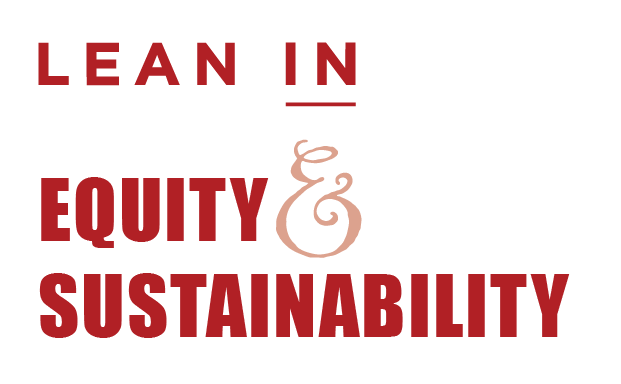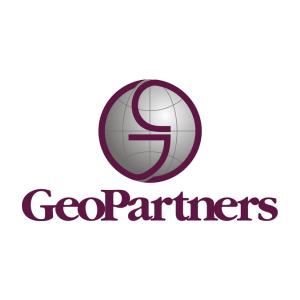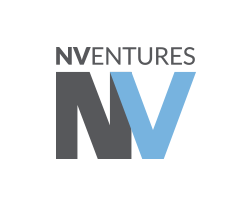Part two of our breakdown of the big deals, exploration plays, and licensing auctions that have emerged across Africa in 2017 so far.
In part one of our look at 2017’s African licensing rounds, our continental journey took us from Egypt and the Red Sea down to Republic of Congo. While major hydrocarbon deposits have been uncovered, notably the huge Zohr gas field in the Red Sea, there are still billions of barrels worth of gas and oil waiting to be uncovered Africa-wide.
At Africa Oil Week, held between 23-27 October 2017 in Cape Town, South Africa, the great and the good of Africa’s energy industries, plus important international figures, will be giving the attendees the inside story on the latest licensing rounds.
Until then, here is part two of our breakdown of the big deals, exploration plays, and licensing auctions that have emerged across Africa in 2017 so far.
Mali
Mali, one of Africa’s chief gold producers, sits on stacks of resources; resources that have yet to be explored and extracted in real earnest. Even being one of the biggest countries in West Africa by size hasn’t added much impetus to Mali’s E&P efforts. Only minors, such as Australians Baraka, and Canada’s Selier Energy, have supplied any real sector investment over the past decade.
Come 2017, however, this is changing. Mali, and the Authority for the Promotion of Oil Research (AUREP), are promoting the state’s five fertile basins and 13 blocks as the next frontier in African exploration. In fact, they will be doing just that at Africa Oil Week 2017.
The inside scoop on Mali’s acreage, business climate, and exploration potential will be up for discussion at the event this year, as part of the conference’s “Oil Explorations in Mali & Attracting Investors” promotional event. Spearheading this is Ahmed Ag Mohamed, Director General of AUREP, a man integral to Mali’s hydrocarbons development, making Africa Oil Week the only place to be to get major insight into Malian plays this year.
Morocco
In January 2017, the transfer of the Rabat Deep Offshore permits I-VI operatorship to Eni was approved. The Italian oil major acquired a 40% equity interest from Chariot in return for a capped carry on drilling the JP-1 prospect and other geological and administrative costs. The partners now in the license are: Eni (40%), Woodside (25%), Chariot Oil & Gas (10%), and ONHYM (25% carried interest).
Morocco has also attracted regional players. In January 2017 Qatar Petroleum (QP) took a 30% stake in three Chevron (45%) operated deep water blocks — ONHYM holds the remaining 25% — as the licence was extended for a further two years. QP’s interest has stemmed from both sluggish domestic growth, and its special relationship with its fellow monarchy.
Want to learn more about Moroccan deals and E&P activity. Make sure you’re in Cape Town in October to listen to Dr Amina Benkhadra, ONHYM Director General, plus other chief Moroccan oil and gas sector figures, speak at 2017’s Africa Oil Week event.
Equatorial Guinea
Equatorial Guinea, under the leadership of Minister of Mines, Industry, and Energy, Gabriel Mbaga Obiang Lima, continues to attract lots of international interest in its hydrocarbon deposits.
The results of Equatorial Guinea’s Ronda 2016 licensing round were announced in June 2017, resulting in seven blocks being awarded to a mix of domestic players and multinational majors. 23 companies announced their intentions to bid on EG’s available blocks.
The winners were:
Talks with ExxonMobil took place around the same time, leading to the giant being awarded exploration rights to Block EG-11, contiguous to the company’s Zaifro oil field.
Production sharing contracts in Equatorial Guinea are either awarded via competitive international tenders, like Ronda 2016, or via direct negotiation. Exploration periods there are set at two initial sub-periods of two years. A maximum of two one-year extensions are available.
His Excellency Gabriel Mbaga Obiang Lima is taking part in Africa Oil Week 2017’s Ministerial Panel, covering how African states attract operators and investment. Be there for world class industry insight.
Côte d’Ivoire
Italy’s Eni is establishing itself as one of Africa’s chief hydrocarbons explorers, launching major plays across the length of the continent. It has uncovered some huge finds, such as the enormous Zohr gas field off the Egyptian coast. You can expect to find them where any deposits lie – such as blocks CI-101 and CI-205 50km off the coast of Côte d’Ivoire.
These two deep offshore blocks are in the eastern part of the Tano basin – an area rich in potential resources. They collectively cover a total area of roughly 2,850 square kilometres. Block CI-101 is at water depths of between 200 and 2,500m and located 50km south of Côte d’Ivoire’s Abidjan, while block CI-205 is at water depths of between 2,000 and 2,700m, and located 80km south-west from the capital. Eni will operate and hold a 90% stake in both blocks, while the state-owned company Petroci continues to hold the remaining 10%.
To find the investment opportunities Côte D’Ivoire holds, be at Africa Oil Week and take part in the event’s Côte D’Ivoire roadshow. Bringing together high-end government figures, including Ministre du Pétrole, de l’Energie et du Développement des Energies Renouvelables, Thierry Tanoh, and the nation’s state-owned operator, Petroci, the roadshow is your chance to uncover Côte D’Ivoire’s potential.
Senegal
Senegal has yet to enter production, but that is not putting off IOCs from delving into its on and offshore acreage. The biggest oil discovery since 2014, the SNE Deepwater Field, was found in Senegalese waters – and so far Cairn, ConocoPhillips, FAR, and stated-owned PETROSEN have begun drilling work there.
In February 2017, Total signed two agreements with Senegal to begin exploration in deep and ultra-deep blocks. The first agreement, which covers the 10,357 square kilometre Rufisque Offshore Block, is a joint E&P deal. Total holds a 90% interest with PETROSEN controlling the remaining 10%. Total will also perform studies to assess the exploration potential of Senegal’s ultra-deep waters and potentially become an operator of another block.
BP agreed to deepen its investment in Senegalin April 2017 by acquiring the full 30% minority participating interests in two offshore blocks in Senegal; Saint-Louis Profond and Cayar Profond. On completion of the agreements, which are subject to government approval, BP’s participating interest in the Senegal blocks will be close to 60%. Partners Kosmos will have close to 30% and PETROSEN 10%.
You can get deeper Senegalese market insights at Africa Oil Week, courtesy of a number of speakers, including PETROSEN’s Exploration & Production Director Joseph Medou.
Uganda
Three IOCs operate in Uganda at present – London-listed Tullow, Total, and China’s CNOOC, and it looks like they will soon be joined by Nigeria’s Oranto Petroleum. The Nigerian company inked two oil production sharing agreements in June 2017, enabling Oranto to crack on with exploration work.
Oranto beat two other African rivals, and Australia’s Armour Energy, to win final negotiation rights for the Ngassa Shallow and Ngassa Deep plays. Located close to Lake Albert, as much as 6.5 billion barrels lies in the Albertine Rift – with as much as 1.4 to 1.7 billion barrels classified as recoverable. Production is expected to kick off in 2020.
Uganda awarded its first batch of exploration licenses in the early 2000s on an unconventional first-come-first-served basis. Discovery of commercially viable recoverable resources, however, put paid to this approach and forced a streamlining in licensing laws. Now, all licenses are awarded on a competitive basis.
Ernest Rubondo, Executive Director of the Petroleum Authority of Uganda, will be giving the lowdown on how Uganda has updated its E&P licensing procedures at this year’s Africa Oil Week.
At Africa Oil Week, held between 23-27 October 2017 in Cape Town, South Africa, the great and the good of Africa’s energy industries, plus important international figures, will be giving the attendees the inside story on the latest licensing rounds.
Until then, here is part two of our breakdown of the big deals, exploration plays, and licensing auctions that have emerged across Africa in 2017 so far.
Africa licensing round breakdown continued
Mali
Mali, one of Africa’s chief gold producers, sits on stacks of resources; resources that have yet to be explored and extracted in real earnest. Even being one of the biggest countries in West Africa by size hasn’t added much impetus to Mali’s E&P efforts. Only minors, such as Australians Baraka, and Canada’s Selier Energy, have supplied any real sector investment over the past decade.
Come 2017, however, this is changing. Mali, and the Authority for the Promotion of Oil Research (AUREP), are promoting the state’s five fertile basins and 13 blocks as the next frontier in African exploration. In fact, they will be doing just that at Africa Oil Week 2017.
The inside scoop on Mali’s acreage, business climate, and exploration potential will be up for discussion at the event this year, as part of the conference’s “Oil Explorations in Mali & Attracting Investors” promotional event. Spearheading this is Ahmed Ag Mohamed, Director General of AUREP, a man integral to Mali’s hydrocarbons development, making Africa Oil Week the only place to be to get major insight into Malian plays this year.
Morocco
In January 2017, the transfer of the Rabat Deep Offshore permits I-VI operatorship to Eni was approved. The Italian oil major acquired a 40% equity interest from Chariot in return for a capped carry on drilling the JP-1 prospect and other geological and administrative costs. The partners now in the license are: Eni (40%), Woodside (25%), Chariot Oil & Gas (10%), and ONHYM (25% carried interest).
Morocco has also attracted regional players. In January 2017 Qatar Petroleum (QP) took a 30% stake in three Chevron (45%) operated deep water blocks — ONHYM holds the remaining 25% — as the licence was extended for a further two years. QP’s interest has stemmed from both sluggish domestic growth, and its special relationship with its fellow monarchy.
Want to learn more about Moroccan deals and E&P activity. Make sure you’re in Cape Town in October to listen to Dr Amina Benkhadra, ONHYM Director General, plus other chief Moroccan oil and gas sector figures, speak at 2017’s Africa Oil Week event.
Equatorial Guinea
Equatorial Guinea, under the leadership of Minister of Mines, Industry, and Energy, Gabriel Mbaga Obiang Lima, continues to attract lots of international interest in its hydrocarbon deposits.
The results of Equatorial Guinea’s Ronda 2016 licensing round were announced in June 2017, resulting in seven blocks being awarded to a mix of domestic players and multinational majors. 23 companies announced their intentions to bid on EG’s available blocks.
The winners were:
- Ophir Energy for Block EG-24
- Offshore Equator PLC for Block EG-23
- Clontarf Energy for Block EG-18
- Elenilto for Block EG-09
- Taleveras for Block EG-07
- Atlas Petroleum and Strategic Fuel Fund for Block EG-10
- ExxonMobil for Block EG-11 (Direct Negotiation)
Talks with ExxonMobil took place around the same time, leading to the giant being awarded exploration rights to Block EG-11, contiguous to the company’s Zaifro oil field.
Production sharing contracts in Equatorial Guinea are either awarded via competitive international tenders, like Ronda 2016, or via direct negotiation. Exploration periods there are set at two initial sub-periods of two years. A maximum of two one-year extensions are available.
His Excellency Gabriel Mbaga Obiang Lima is taking part in Africa Oil Week 2017’s Ministerial Panel, covering how African states attract operators and investment. Be there for world class industry insight.
Côte d’Ivoire
Italy’s Eni is establishing itself as one of Africa’s chief hydrocarbons explorers, launching major plays across the length of the continent. It has uncovered some huge finds, such as the enormous Zohr gas field off the Egyptian coast. You can expect to find them where any deposits lie – such as blocks CI-101 and CI-205 50km off the coast of Côte d’Ivoire.
These two deep offshore blocks are in the eastern part of the Tano basin – an area rich in potential resources. They collectively cover a total area of roughly 2,850 square kilometres. Block CI-101 is at water depths of between 200 and 2,500m and located 50km south of Côte d’Ivoire’s Abidjan, while block CI-205 is at water depths of between 2,000 and 2,700m, and located 80km south-west from the capital. Eni will operate and hold a 90% stake in both blocks, while the state-owned company Petroci continues to hold the remaining 10%.
To find the investment opportunities Côte D’Ivoire holds, be at Africa Oil Week and take part in the event’s Côte D’Ivoire roadshow. Bringing together high-end government figures, including Ministre du Pétrole, de l’Energie et du Développement des Energies Renouvelables, Thierry Tanoh, and the nation’s state-owned operator, Petroci, the roadshow is your chance to uncover Côte D’Ivoire’s potential.
Senegal
Senegal has yet to enter production, but that is not putting off IOCs from delving into its on and offshore acreage. The biggest oil discovery since 2014, the SNE Deepwater Field, was found in Senegalese waters – and so far Cairn, ConocoPhillips, FAR, and stated-owned PETROSEN have begun drilling work there.
In February 2017, Total signed two agreements with Senegal to begin exploration in deep and ultra-deep blocks. The first agreement, which covers the 10,357 square kilometre Rufisque Offshore Block, is a joint E&P deal. Total holds a 90% interest with PETROSEN controlling the remaining 10%. Total will also perform studies to assess the exploration potential of Senegal’s ultra-deep waters and potentially become an operator of another block.
BP agreed to deepen its investment in Senegalin April 2017 by acquiring the full 30% minority participating interests in two offshore blocks in Senegal; Saint-Louis Profond and Cayar Profond. On completion of the agreements, which are subject to government approval, BP’s participating interest in the Senegal blocks will be close to 60%. Partners Kosmos will have close to 30% and PETROSEN 10%.
You can get deeper Senegalese market insights at Africa Oil Week, courtesy of a number of speakers, including PETROSEN’s Exploration & Production Director Joseph Medou.
Uganda
Three IOCs operate in Uganda at present – London-listed Tullow, Total, and China’s CNOOC, and it looks like they will soon be joined by Nigeria’s Oranto Petroleum. The Nigerian company inked two oil production sharing agreements in June 2017, enabling Oranto to crack on with exploration work.
Oranto beat two other African rivals, and Australia’s Armour Energy, to win final negotiation rights for the Ngassa Shallow and Ngassa Deep plays. Located close to Lake Albert, as much as 6.5 billion barrels lies in the Albertine Rift – with as much as 1.4 to 1.7 billion barrels classified as recoverable. Production is expected to kick off in 2020.
Uganda awarded its first batch of exploration licenses in the early 2000s on an unconventional first-come-first-served basis. Discovery of commercially viable recoverable resources, however, put paid to this approach and forced a streamlining in licensing laws. Now, all licenses are awarded on a competitive basis.
Ernest Rubondo, Executive Director of the Petroleum Authority of Uganda, will be giving the lowdown on how Uganda has updated its E&P licensing procedures at this year’s Africa Oil Week.

